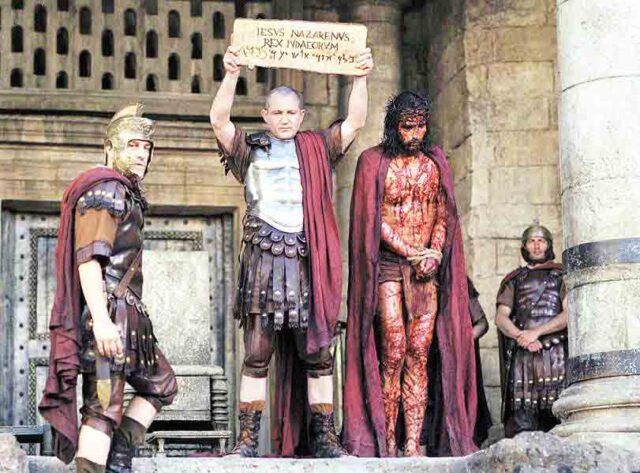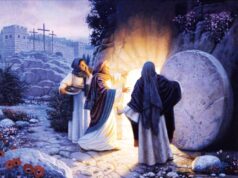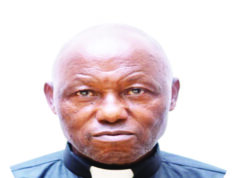Pr Isaiah White
It is important in this season we remind all people that the Jesus we worship today, was and is God Himself, the Creator of the universe (Genesis 1:1; John 1:1-3, Colossians 1:15-17; Titus 2:13).
He got incarnate (God became man) and dwelt among us (John 1:14).
It is this God that was named Jesus of Nazareth, who was a real historical figure, witnessed by the people who lived then.
His practical existence has been presented to us by His disciples in the four Gospels, and non-believers like Jewish historian, Flavius Josephus (in the Testimonium Flavianum and the Antiquities of the Jews) and other pagan historians like Tacitus (Annals) etc.
When the immutable (can’t die) God, due to the love He had for us got into flesh, He made Himself vulnerable to death (John 10:18).
The fact is that God did not die, but was killed (Isaiah 53:5; John 19:18; Luke 22:33).
Jesus did not die before He was systematically killed in a crucifixion arrangement.
According to His killers, His death was a sentence passed after His Judgment by the legal entities concerned.
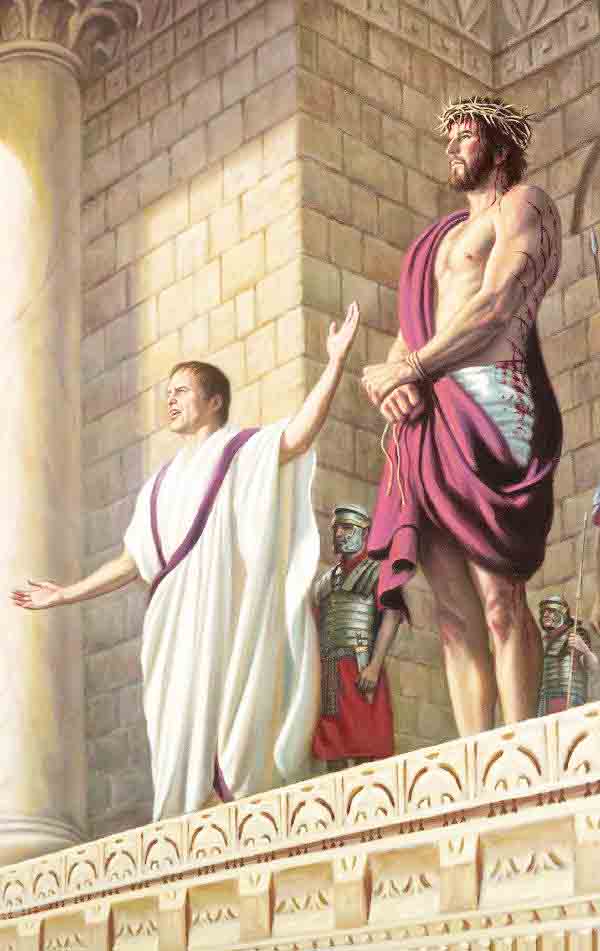
Legal process questions
In his book, The Trial of Jesus Christ, Frank J. Powell asks a series of questions that I would like to share here for our contemplation.
Was the arrest legal? Did the Romans (political rulers) take part in the arrest? Was Jesus arrested on a warrant?
Was there a formal Jewish trial? What Jewish tribunals did Jesus appear before?
Who was the presiding Judge? What was the true nature of the proceedings before the Hebrew tribunals?
What was the system of law in force? Was the proper legal procedure observed? Was the charge properly laid? Of what offence was Jesus “convicted” by the Hebrew tribunal?
“Why was the charge changed before Pilate? Why did the Jews not execute Jesus after they had judged Him?
“What defence, if any, did Jesus make before the Hebrew tribunals? What were Pilate’s functions? Did he (Pilate) know that the Jews had previously “tried” Jesus?
These and more important questions would be asked in the investigation of the trial of Jesus Christ.
We cannot address each question here, but for this article, let us briefly dwell on the questions:
Of what offence was Jesus “convicted” by the Hebrew tribunal? Why was the charge changed before Pilate?
A focus on these two questions demonstrates how all other questions are developed.
Because these operate as the framework of other questions that develop around the case.
What offense?
According to the Hebrew prosecutors and accusers of Jesus Christ, the offence was blasphemy. According the Hebrews, this charge meant:
He falsely claimed to be the long promised God-like Messiah.
He falsely claimed to be the Son of God and, therefore, God.
These two claims, therefore, made Him:
A false prophet
A sorcerer
One who was teaching a new religion which was inciting to worship the same God, but contrary to the Law of Moses.
The Hebrew tribunal in which Jesus was prosecuted was known as the Sanhedrin (a council of 70 men) in charge of the Hebrew courts.
The composition of this council was of Sadducees and Pharisees.
The Pharisees were the minority on the council, whereas Sadducees were the majority.
However, the Pharisees had public popularity over the Sadducees.
During prosecution however, the president of the Sanhedrin was a Sadducee.
The difference and legal contention between Sadducees and Pharisees was that the Sadducees believed in only the written law (Torah) as the basis of Judgment, while the Pharisees believed in both the written and the oral law (Torah and the Mishnah-Jewish Tradition) as both equal in coming to a resolution.
This contention between Sadducees and Pharisees on which law to use, led to the change of the charge against Jesus by Hebrews when they presented Him to Pilate.
The charge changed from “blasphemy” to “high treason”, claiming that He had addressed Himself as King.
In His defence, Jesus said His Kingdom was not of this world, and Pilate found no crime in Him, but the Pharisees incited the crowd to shout “crucify Him”.
Because Pilate wanted popularity with the people, to avoid impeachment he illegally condemned Jesus to death.
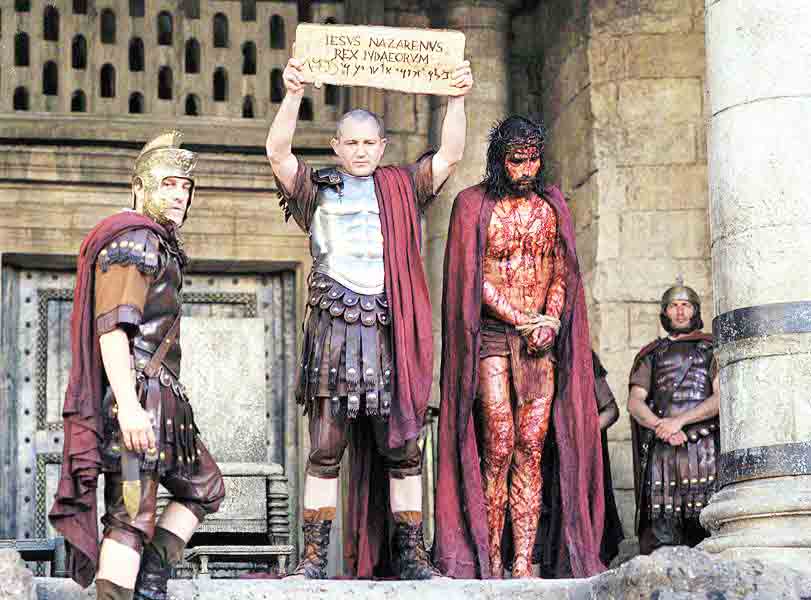
Legal defence
If Jesus had been Judged by the Hebrew written law as the Sadducees held, His two core claims of being the Messiah and Son of God (God Himself) would not have been blasphemous (Luke 24:27, 44).
If Pilate and Herod did not play politics but exercised justice (Matthew 27:17-26), Jesus would not have been judged and sentenced in the manner He was.
















